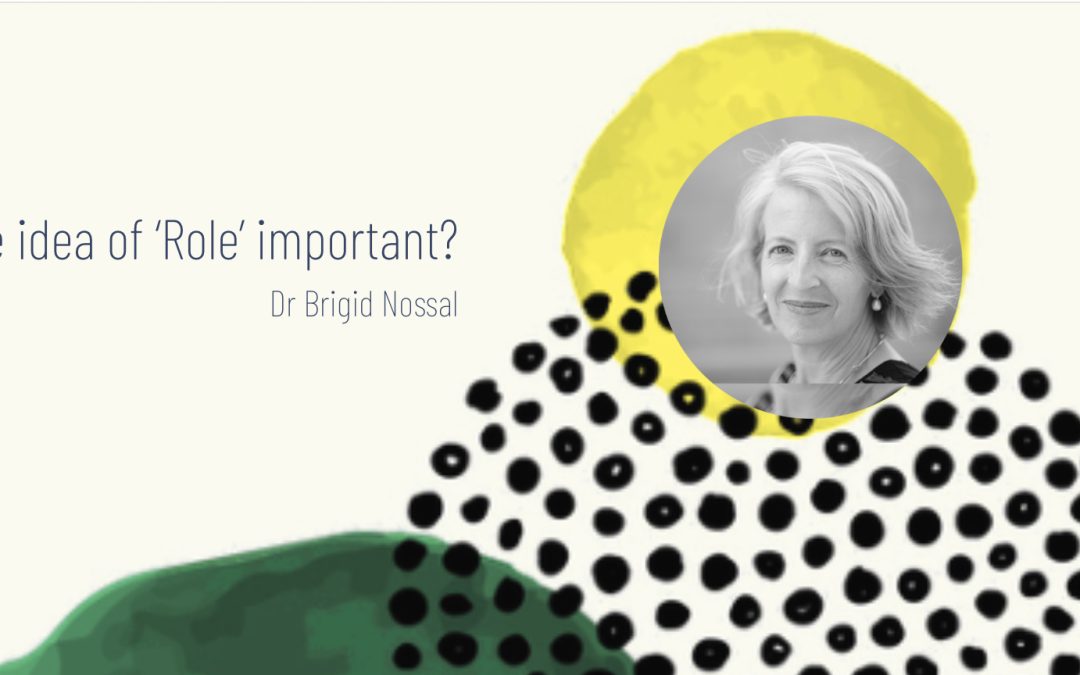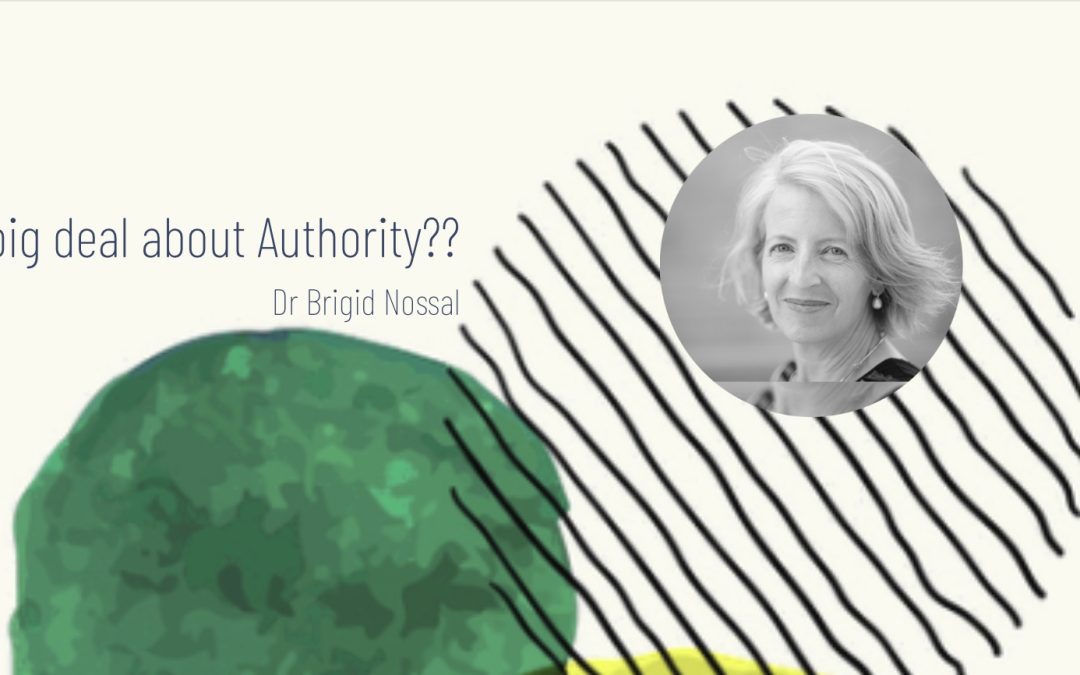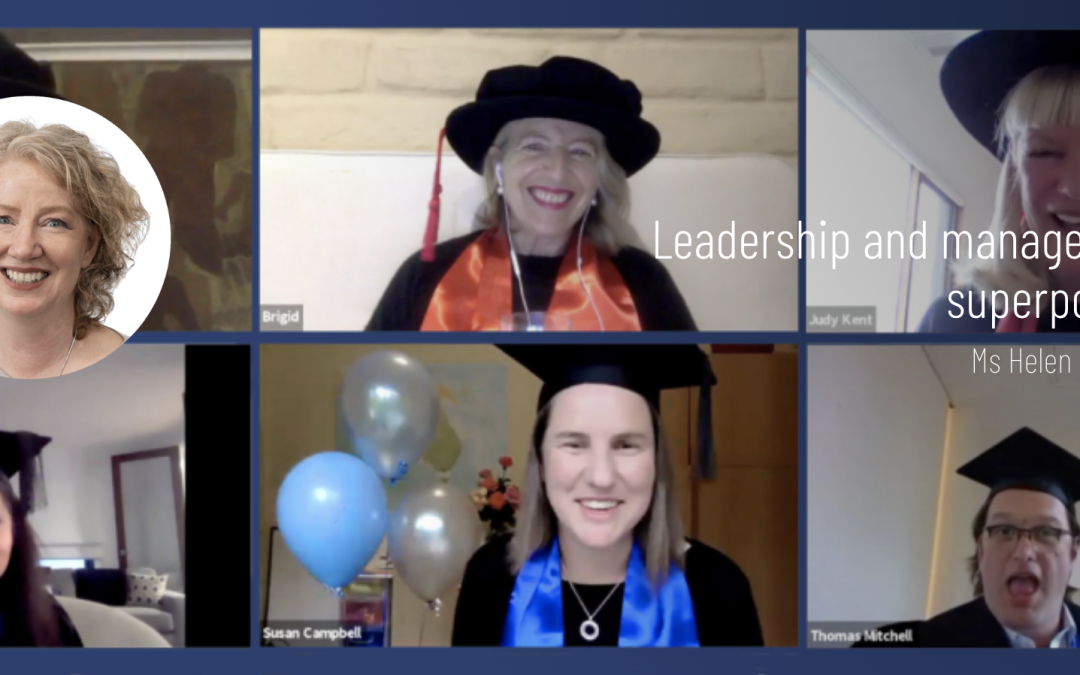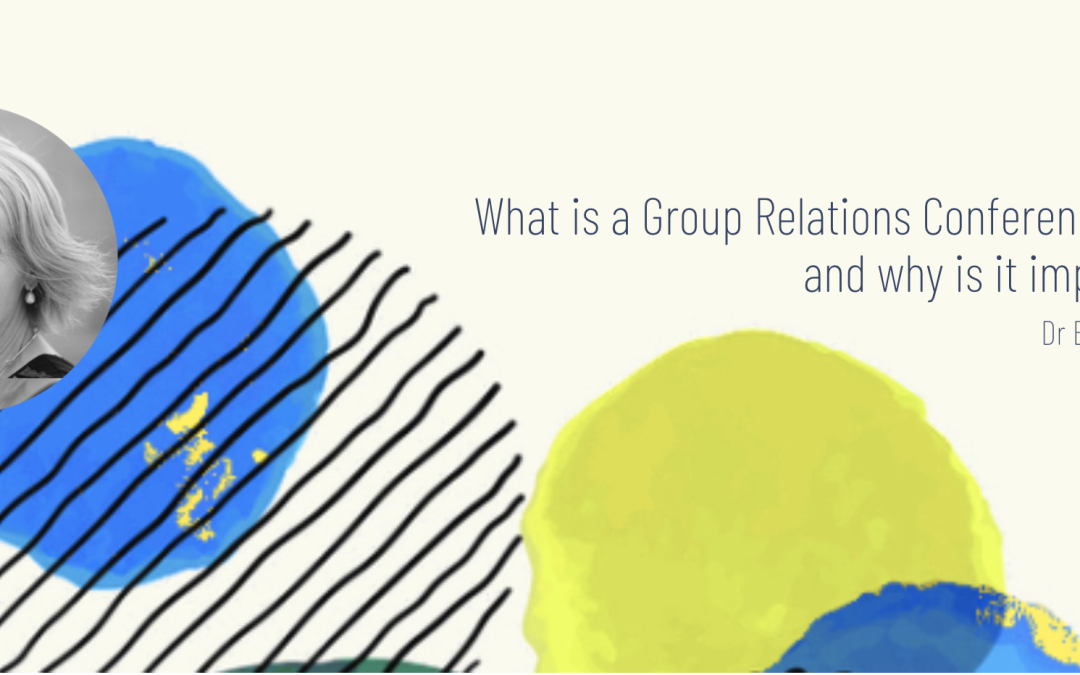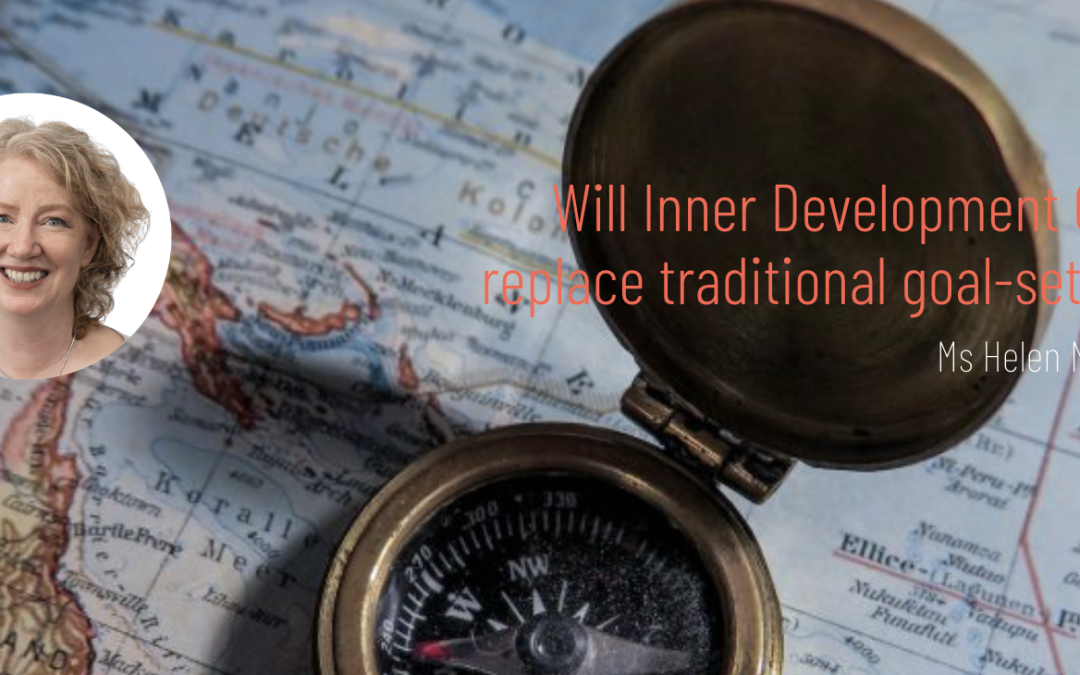
What’s more important for leaders, goal setting, or the inner compass to stay the course?

Will Inner Development Goals replace traditional goal-setting?
Helen McKelvie
What’s more important for leaders, goal setting, or the inner compass to stay the course?
Introducing Inner Development Goals
As a leader in an organisation, you might experience the act of setting goals as what’s important to direct your steps and those of the teams you lead. The idea that goals fill us with inspiration and propel us to great achievements is an assumption sitting behind an ever-increasing number of frameworks available to guide this activity in management literature. “Make sure your goals are ‘SMART’ (Specific, Measurable, Achievable, Relevant, and Time-bound)” is a widely adopted recommendation. More recently setting ‘Big hairy audacious goals’ (BHAG) is a favoured approach for motivating and aligning teams towards a common vision. But perhaps goals, whether they are smart or big and hairy, are not what keep us on track?
The shadow side of goal-setting
Researchers at Harvard Business School have contributed to a much less popular discourse on the shadow side of goal setting. They argue that the beneficial effects of goal setting have been overstated and that systematic harm caused by goal setting has been largely ignored. Their research identified specific side effects associated with goal setting, including a narrow focus that neglects non-goal areas, a rise in unethical behaviour, distorted risk preferences, corrosion of organizational culture, and reduced intrinsic motivation. The authors suggest that leaders and managers need to consider the complex interplay between goal setting and organizational contexts, as well as the need for safeguards and monitoring.
When we are unable to meet them, instead of being inspirational, goals can feel defeating
In my own working life, I’ve both participated in and led planning processes focussed on goal setting. Working in organisations I’ve also found taking action towards specific goals can sometimes be difficult. When the action steps to meet set goals are not part of BAU it can be hard to devote the required time; and when circumstances change and new competing priorities emerge what seemed like clear goals become murky and a sense of overwhelm sets in. When we are unable to meet them, instead of being inspirational, goals can feel defeating, like a measure of what we have failed to achieve. This seems to be true in organisational settings and in bigger contexts such as collective efforts to combat global issues.
Slow progress on the UN’s Sustainable Development Goals
In 2015 the United Nations goal setting was aiming high, introducing the Sustainable Development Goals (SDGs) as a holistic blueprint for achieving global sustainability by 2030. The set of 17 interconnected goals aims to address social, economic, and environmental challenges by promoting actions such as poverty eradication, hunger alleviation, gender equality, climate action, sustainable cities, and partnerships for sustainable development, among others. I remember feeling inspired when the SDGs were announced. The vision created by the SDGs in 2015 seemed to provide a path forward. However, the actual progress toward attaining the vision has been dishearteningly slow.
New hope with Inner Development Goals
Recently when a colleague in Europe mentioned the Inner Development Goals (IDGs), I went looking and had reason to feel a renewed hope. The IDG’s aim to address the main obstacle to achieving the SDGs: a collective deficiency in coping with the escalating complexity of our environment and the associated challenges. Seems like that familiar overwhelm leading to inaction. The Inner Development Goal initiative offers a framework of essential skills for sustainable development; it encompasses five dimensions and 23 skills and qualities crucial for leaders addressing the Sustainable Development Goals (SDGs) and for individuals worldwide. They are based on research demonstrating that the inner capacities required for addressing these complexities can be cultivated. The IDG framework is gaining traction in Europe including via three MindShift – Growth that Matters conferences that have been conducted with 3000+ active participants.
Inner growth is at the heart of the Inner Development Goal framework; the first of the five dimensions is ‘Being – Relationship to self’, with the related skills:
Inner Compass
Having a deeply felt sense of responsibility and commitment to values and purposes relating to the good of the whole.
Integrity and Authenticity
A commitment and ability to act with sincerity, honesty and integrity.
Openness and Learning Mindset
Having a basic mindset of curiosity and a willingness to be vulnerable and embrace change and grow.
Self-awareness
Ability to be in reflective contact with own thoughts, feelings and desires; having a realistic self-image and ability to regulate oneself.
Presence
Ability to be in the here and now, without judgement and in a state of open-ended presence.
It makes sense to build the inner capacity of leaders to be able to sit with uncertainty, to think through overwhelm and to keep working towards and adapting goals as change happens. To my mind, this is part of “considering the complex interplay between goal setting and organizational contexts” as the Harvard research (above) recommends.
Leadership development for an inner compass
The Inner Development Goal approach resonates strongly with the leadership development work we do at NIODA. We hold that as a leader, knowing yourself and getting in touch with the conscious and unconscious drivers of your own behaviour underpins the capacity for managing yourself in your leadership role, and being able to lead others from a place of authenticity. One approach we use with our students and clients is to hold a space for inquiry into each person’s unique personal leadership history allowing connections to be made between past experience and present role challenges. This is just one powerful tool for growth and development of the inner compass needed to navigate the complexities of contemporary organisations, and as with the IDG’s, bigger world problems.
At NIODA we are interested to learn more about the Inner Development Goals and the non-profit foundation that is working with leadership development experts, scientists, practitioners, and organisations globally to explore, gather, and disseminate evidence-based skills and qualities that enhance the ability to lead purposeful, sustainable, and fulfilling lives. This is important work keeping the Sustainable Development Goals alive and hopefully more attainable.
NIODA’s related contribution is to continue to offer a post-graduate leadership and management course that goes deeper than a motivational goal-setting approach. The courses take a psychodynamic view of human behaviour. Students develop insights into individual and group behaviour and how to apply these to create meaningful change in the workplace – finding ways to deal with the overwhelm and consider the context for goal setting and much more. Learn more
We also offer a series of leadership development workshops, starting with one for emerging leaders to develop that inner compass by ‘Embracing your personal history for impactful leadership’. Learn more
Helen McKelvie
August 2023
What’s more important for leaders, goal setting, or the inner compass to stay the course?



Helen McKelvie
Director of Leadership Development & Consulting, NIODA
Helen McKelvie is the Director of Leadership development & Consulting at NIODA, and is a teacher in and a graduate of the Master of Leadership and Management (Organisation Dynamics) program. She brings over 25 years of her own experience of working in organisations to her coaching and consulting services in leadership development and organisational change. Roles as internal consultant, policy and project manager, and lawyer in workplaces in both the public and private sectors have provided her with first-hand experience of the complexity and challenges in organisational life.
Helen is passionate about improving workplace dynamics to contribute to better organisational outcomes and to benefit the working lives of those who make up organisations. She works with leaders and teams helping them enquire into workplace dilemmas to uncover and work with system issues and hidden dynamics that may be inhibiting role clarity and collaborative work. Helen uses a systems psychodynamic approach to create reflective space for respectful communication and connection, opening up possibility for greater alignment with organisational, and team role and purpose.
About NIODA
The National Institute of Organisation Dynamics Australia (NIODA) offers internationally renowned post-graduate education and research in organisation dynamics, and decades of experience consulting with Australian organisations.
The study of organisation dynamics brings together socio-technical and psychoanalytic disciplines to explore the unconscious dynamics that exist in every group, team or organisation. Learning more about these theories, and reflecting on the experience of them, can support leaders and managers to unlock great potential in their organisations, tackling issues through a whole new light.
PO Box 287, Collins Street West,
Melbourne 8007 Australia
+61 (0) 414 529 867
info@nioda.org.au
NIODA acknowledges the Kulin Nations, and respective Traditional Custodians of the lands we work on.
We pay our respects to Elders past and present, and recognise their enduring sovereignty which has, and continues to, care for Country.
NIODA welcomes the Uluru Statement from the Heart’s invitation to walk with Aboriginal and Torres Strait Islander peoples in a collective movement for a better future.

